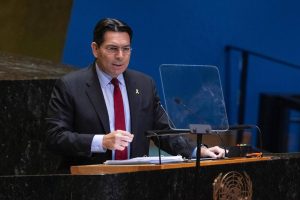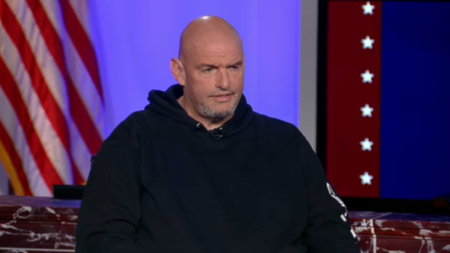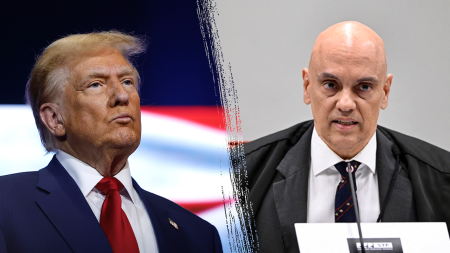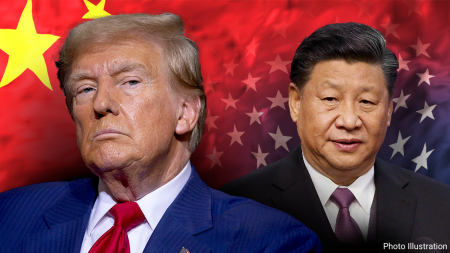The train derailment in East Palestine, Ohio, in February 2023 emerged as an unexpected turning point in the political landscape, significantly bolstering Donald Trump’s trajectory towards victory, according to a top Trump official. The incident, involving a Norfolk-Southern train carrying hazardous chemicals, caused immediate devastation and long-term environmental damage to the small community near the Pennsylvania border. The controlled burn of the derailed cars released toxic phosgene into the atmosphere, exacerbating the crisis and amplifying the anxieties of residents. Trump’s timely visit to East Palestine, just weeks after the derailment, contrasted sharply with President Biden’s delayed response, a disparity that resonated deeply with the affected community and became a pivotal moment in the political narrative.
Trump’s visit to East Palestine on Ash Wednesday, hosted by Senator JD Vance, was strategically significant. It occurred at a time when Trump’s political standing was perceived as vulnerable, following the Republican losses in the 2022 midterm elections and a competitive primary race against Florida Governor Ron DeSantis. Trump’s presence in East Palestine, distributing “Trump”-branded water and engaging with local officials, projected an image of empathy and concern, directly addressing the anxieties of a community feeling overlooked by the current administration. This resonated powerfully with residents who felt abandoned by the federal government, and it provided a stark contrast to President Biden’s absence.
Trump’s message of “you are not forgotten” struck a chord with the residents of East Palestine, a community representative of the Rust Belt, often feeling neglected by Washington. This sentiment, amplified by Selina Zito, a Washington Examiner writer who covered the crisis, highlighted the impact of Trump’s visit on shifting political allegiances. Zito’s reporting captured the essence of Trump’s appeal, emphasizing his ability to connect with the concerns of ordinary Americans and contrast his responsiveness with the perceived indifference of the Biden administration. This connection forged a powerful narrative that resonated far beyond the immediate aftermath of the derailment.
The contrast between Trump’s immediate engagement with the East Palestine community and President Biden’s delayed visit became a defining narrative. This was further amplified by criticisms from figures like Mike Pence, Trump’s former running mate, who characterized Biden’s response as “AWOL.” This narrative of neglect resonated with voters who felt that the Biden administration was prioritizing other issues over the immediate needs of a community grappling with a significant environmental disaster. This perceived lack of attention provided fertile ground for Trump’s message of concern and his promise to prioritize the needs of forgotten Americans.
The East Palestine derailment also highlighted the bipartisan concern at the state level. Both Democratic Governor Josh Shapiro of Pennsylvania and his Republican opponent, State Senator Doug Mastriano, responded swiftly to the crisis. Shapiro initiated a criminal referral, while Mastriano conducted hearings with affected residents, holding Norfolk-Southern accountable. This bipartisan response underscored the gravity of the situation and the immediate need for action, further contrasting with the perceived slow response from the federal level. Allegations of mistakes in the initial EPA response, although disputed by the agency, added another layer to the narrative of government inefficiency and further fueled the perception of neglect.
The East Palestine train derailment ultimately became a potent symbol in the political arena. Trump’s prompt visit, combined with the perceived delayed response from the Biden administration, allowed Trump to position himself as a champion of the forgotten American. This narrative of empathy and responsiveness, contrasted with the perceived indifference of the incumbent administration, resonated deeply with voters and played a significant role in shaping the political landscape leading up to the election. The incident highlighted the power of direct engagement and the importance of addressing the anxieties of communities facing crisis, becoming a pivotal moment in Trump’s political resurgence.










